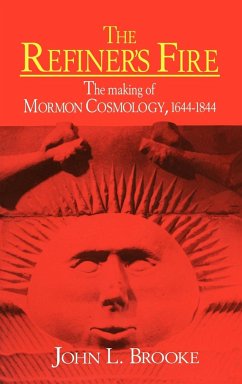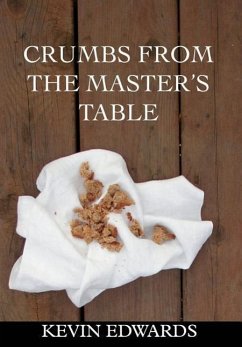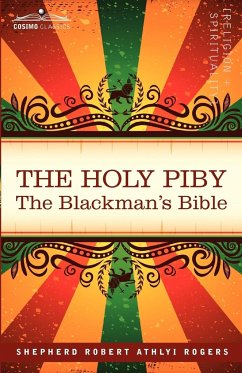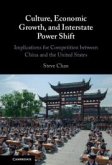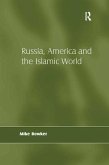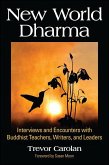Mormon religious belief has long been a mystery to outsiders, either dismissed as anomalous to the American religious tradition or extolled as the most genuine creation of the American religious imagination. This study presents the first extended analysis of Mormon theology to have been written against the backdrop of religion and popular culture in the early modern North Atlantic world, a context that permits the most coherent analysis of Mormon origins. John Brooke argues that Mormon doctrines of the mutuality of spirit and matter, of celestial marriage (in the nineteenth century, polygamous marriage), and of human deification can be understood only in light of the connections between the occult and the sectarian ideal of restoration forged among early modern religious radicals. Hermeticism, of which alchemy was the experimental practice, posited that humanity could regain the divine powers of Adam lost in the fall from Paradise; so too the prophet Joseph Smith promised the Mormon faithful that they would become "gods" through the restoration of ancient mysteries. Exploring the opposing forces of hermetic purity and danger - manifested in sectarian religion, magic, witchcraft beliefs, alchemy, Freemasonry, counterfeiting, and state formation - in the making of the Mormon church, the book closes with an overview of the transformation of Mormonism from the 1860s to the present.
Hinweis: Dieser Artikel kann nur an eine deutsche Lieferadresse ausgeliefert werden.
Hinweis: Dieser Artikel kann nur an eine deutsche Lieferadresse ausgeliefert werden.

